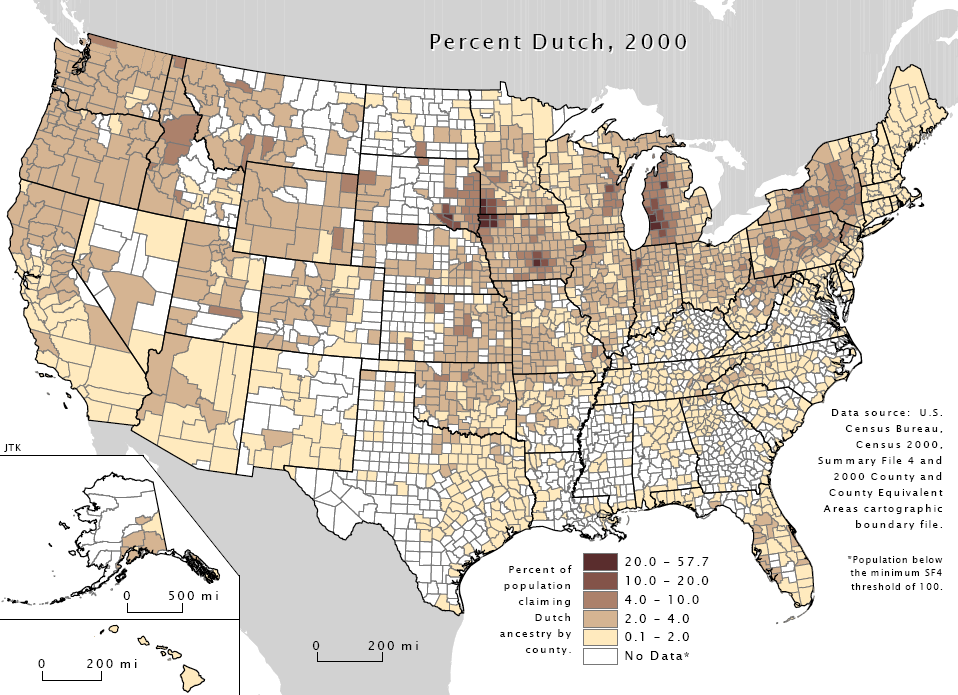|
Jerald TerHorst
Jerald Franklin terHorst (July 11, 1922 – March 31, 2010) was an American journalist who served as the 14th White House Press Secretary during the first month of Gerald Ford's presidency. His resignation in protest of Ford's unconditional pardon of former president Richard Nixon is still regarded as a rare act of conscience by a high-ranking public official. Early life and education Jerald terHorst was born in Grand Rapids, Michigan, on July 11, 1922. The son of Dutch immigrants, he did not speak English until he was 5 years old. He dropped out of high school at age 15 to work on an uncle's farm but returned to school when his high school principal successfully persuaded him to graduate. He went to Michigan State University on an agriculture scholarship and wrote for the school newspaper. His education was interrupted yet again when World War II broke out; he served in the United States Marine Corps from 1943 to 1946 in the Pacific theater. He finally finished his college ... [...More Info...] [...Related Items...] OR: [Wikipedia] [Google] [Baidu] |
Dutch Americans
Dutch Americans ( nl, Nederlandse Amerikanen) are Americans of Dutch descent whose ancestors came from the Netherlands in the recent or distant past. Dutch settlement in the Americas started in 1613 with New Amsterdam, which was exchanged with the English for Suriname at the Treaty of Breda (1667) and renamed New York City. The English split the Dutch colony of New Netherland into two pieces and named them New York and New Jersey. Further waves of immigration occurred in the 19th and 20th centuries. Prominent (partial) Dutch American political figures include Presidents Martin Van Buren, Warren G. Harding, and Theodore and Franklin D. Roosevelt and U.S. Senators Philip Schuyler, Nicholas Van Dyke, Hamilton Fish, John C. Ten Eyck, Daniel W. Voorhees, Arthur Vandenberg, Peter G. Van Winkle, Alan Simpson (American politician), Alan Simpson, Fred Thompson, John Hoeven, and Chris Van Hollen, Christopher Van Hollen. Two of the Founding Fathers of the United States, Egbert Benson and ... [...More Info...] [...Related Items...] OR: [Wikipedia] [Google] [Baidu] |
John F
John is a common English name and surname: * John (given name) * John (surname) John may also refer to: New Testament Works * Gospel of John, a title often shortened to John * First Epistle of John, often shortened to 1 John * Second Epistle of John, often shortened to 2 John * Third Epistle of John, often shortened to 3 John People * John the Baptist (died c. AD 30), regarded as a prophet and the forerunner of Jesus Christ * John the Apostle (lived c. AD 30), one of the twelve apostles of Jesus * John the Evangelist, assigned author of the Fourth Gospel, once identified with the Apostle * John of Patmos, also known as John the Divine or John the Revelator, the author of the Book of Revelation, once identified with the Apostle * John the Presbyter, a figure either identified with or distinguished from the Apostle, the Evangelist and John of Patmos Other people with the given name Religious figures * John, father of Andrew the Apostle and Saint Peter * Pope Jo ... [...More Info...] [...Related Items...] OR: [Wikipedia] [Google] [Baidu] |
Motorcade
A motorcade, or autocade, is a procession of vehicles. Etymology The term ''motorcade'' was coined by Lyle Abbot (in 1912 or 1913 when he was automobile editor of the ''Arizona Republican''), and is formed after ''cavalcade'', playing off of the last syllable in that word. The original suffix in ''cavalcade'' is actually " -ade", and there is no " -cade" in either French or Latin. ''-cade'' has since become a productive suffix in English, leading to the alternative names ''carcade'', ''autocade'', and even ''Hoovercade'' (after J. Edgar Hoover) as a suffix meaning "procession". Eric Partridge called the name a "monstrosity", and Lancelot Hogben considered the word to be a "counterfeit coinage". Uses of motorcades Funerals A funeral cortege is a procession of mourners, most often in a motorcade of vehicles following a hearse. Protests and demonstrations Motorcades can be used as protests and demonstrations. A large, organised, group of vehicles will travel a busy ro ... [...More Info...] [...Related Items...] OR: [Wikipedia] [Google] [Baidu] |


